Introduction
Words are powerful, especially during the delicate teenage years when emotions run high and identities are still forming. Research shows that the language parents use can have a lasting impact, with studies indicating that negative remarks can significantly lower a teenager’s self-esteem and increase feelings of anxiety. This makes communication not just a daily interaction, but a pivotal tool in shaping your daughter’s self-worth and confidence. In this post, we’ll explore common phrases that may seem harmless but can be deeply damaging, and provide you with constructive alternatives to foster a positive and supportive relationship with your teenage daughter.
Why Words Matter: The Psychological Impact on Teenagers
Emotional Sensitivity
Teenagers are in a constant state of emotional flux, primarily due to the hormonal changes that accompany adolescence. These changes make them particularly sensitive to the words and tone of those around them, especially their parents. A seemingly innocuous comment can trigger intense emotions, leading to feelings of hurt or anger. Understanding this heightened sensitivity is crucial for parents who wish to maintain a supportive and nurturing relationship with their teenage daughter.
Self-Esteem and Identity Formation
During the teenage years, self-esteem and identity are in a critical phase of development. The words a parent uses can either bolster or undermine a teenager’s emerging sense of self. Positive reinforcement can encourage a strong, confident identity, while negative language can create self-doubt and insecurity. For a teenage daughter, hearing phrases that dismiss her efforts or compare her to others can have a profound effect on how she views herself and her place in the world.
Long-Term Effects
The impact of parental language doesn’t just stop at the moment it is spoken—it can have lasting effects that carry into adulthood. Negative remarks can lead to long-term issues such as low self-esteem, anxiety, and difficulty forming healthy relationships. Conversely, positive and supportive communication can lay the foundation for a resilient and self-assured adult. By being mindful of the words used today, parents can help ensure a brighter, more confident future for their teenage daughters.

Common Phrases to Avoid and Why
Why can’t you be more like…?
- Explanation: Comparing your teenage daughter to her siblings, peers, or even yourself at her age might seem like a way to motivate her, but it often has the opposite effect. Such comparisons can deeply damage her self-esteem, making her feel inadequate or unworthy. She may begin to question her own value, thinking she’ll never measure up, which can lead to feelings of resentment and insecurity.
- Alternative: Instead of comparing, focus on celebrating her unique qualities and strengths. Encourage her individuality by acknowledging the things she does well and offering support in areas where she struggles. Phrases like “I love how creative you are” or “I’m proud of the effort you put in” can build her confidence and reinforce that she is valued for who she is, not who she could be compared to someone else.
You’re just being dramatic
- Explanation: Adolescence is a time of intense emotions, and what might seem like an overreaction to a parent is often a genuine expression of how a teenager feels. Dismissing these feelings as “dramatic” can lead to emotional withdrawal, making her feel that her emotions are invalid or unworthy of attention. This can erode trust and communication, causing her to bottle up her feelings rather than share them with you.
- Alternative: Offer empathy and a listening ear. Acknowledge her feelings without judgment, even if they seem exaggerated. Saying something like, “I can see that this is really upsetting for you—let’s talk about it,” shows that you’re willing to understand and support her, which can strengthen your bond and encourage open communication.
Because I said so
- Explanation: While it’s sometimes necessary to assert authority as a parent, using phrases like “because I said so” can strain the relationship with your teenage daughter. This authoritarian approach can shut down dialogue and make her feel powerless, leading to feelings of frustration and rebellion.
- Alternative: Encourage open dialogue and reasoning. Instead of ending the conversation with an authoritarian statement, try explaining the reasoning behind your decisions. For example, you might say, “I need you to be home by 10 PM because I worry about your safety at night.” This approach fosters mutual respect and helps her understand the logic behind your rules, making her more likely to comply willingly.
You’ll never understand
- Explanation: Telling your teenage daughter that she’ll never understand can create a significant communication barrier. It suggests that her perspective is invalid or that there’s a gap between your experiences that can’t be bridged. This can leave her feeling isolated and disconnected from you, which can be particularly damaging during a time when she’s seeking connection and understanding.
- Alternative: Foster understanding by sharing your own experiences in a way that’s relatable. Instead of shutting down the conversation, try saying, “When I was your age, I also found this challenging, and here’s how I dealt with it.” This approach invites her into the conversation and shows that while your experiences may be different, you’re still there to guide and support her.
You’re not trying hard enough
- Explanation: Criticizing your daughter’s effort can undermine her motivation and create self-doubt. This phrase suggests that her efforts are never enough, leading her to believe that she’s incapable of success no matter how hard she tries. Over time, this can erode her confidence and make her less likely to put in effort at all, believing it’s futile.
- Alternative: Offer constructive feedback and support. Instead of focusing on what she’s not doing, try acknowledging the effort she has put in and offer specific suggestions for improvement. For example, “I can see you’ve been working hard on this—let’s figure out together how you can tackle the parts that are challenging you.” This approach encourages perseverance and helps her see that improvement is a process, not a judgment on her abilities.

The Role of Positive Reinforcement
Importance of Encouragement
Focusing on your teenage daughter’s strengths can be a powerful tool in building her confidence and self-esteem. Adolescence is a period of self-discovery, and receiving encouragement from parents plays a critical role in shaping a teenager’s self-perception. By consistently highlighting what she does well, you help her recognize her own abilities and foster a sense of pride and accomplishment. This positive reinforcement not only boosts her confidence but also motivates her to keep pushing forward, even in the face of challenges.
Using Affirmations
Incorporating positive affirmations into your daily interactions can be a simple yet effective way to replace negative language. Affirmations are positive statements that reinforce your daughter’s worth and potential. Instead of focusing on what she’s doing wrong, affirmations emphasize what she’s doing right and what she’s capable of achieving. For instance, telling her “I believe in your ability to handle this” can instill a sense of self-belief and resilience. These affirmations, when used consistently, can help counteract self-doubt and create a more supportive and nurturing home environment.
Practical Examples
To make positive reinforcement a natural part of your communication, consider how you can rephrase common negative statements into affirmations. For example, instead of saying “You always leave your room a mess,” try saying, “I really appreciate it when you keep your room tidy—it makes the space so much nicer.” Similarly, rather than saying “You’re not doing well in school,” you could say, “I know you have the potential to excel—let’s work together to figure out how we can improve your grades.” These rephrased statements not only address the issue at hand but do so in a way that empowers and encourages your daughter, making her feel supported rather than criticized.
Tips for Improving Communication with Your Teenage Daughter
Active Listening
Active listening is a foundational aspect of effective communication, especially with teenagers. It involves more than just hearing the words your daughter says; it’s about truly understanding her message without jumping to conclusions or offering immediate solutions. When you listen without judgment, you create a safe space for her to express her thoughts and feelings openly. This can be particularly important during adolescence, a time when she may feel misunderstood or hesitant to share her experiences. By nodding, maintaining eye contact, and paraphrasing what she says, you demonstrate that you value her perspective and are genuinely interested in what she has to say.
Empathy and Understanding
Empathy is about putting yourself in your daughter’s shoes and seeing the world from her perspective. Adolescence is a challenging time filled with emotional highs and lows, and it’s easy for parents to forget how overwhelming it can feel. When you approach conversations with empathy, you show her that you’re not just listening, but that you truly care about how she’s feeling. For example, instead of dismissing her concerns about a school issue, try to understand why it matters so much to her. A simple statement like, “I can see how important this is to you,” can make her feel validated and supported.
Regular Check-Ins
Communication with your teenage daughter shouldn’t only happen during conflicts or when issues arise. Regular check-ins, where you set aside time for open-ended conversations, can help maintain a strong connection. These moments allow you to discuss not just the big things, but also the everyday aspects of her life, from her friendships to her hobbies. Establishing a routine, like a weekly walk or a coffee chat, can provide a consistent opportunity for her to open up. The key is to keep these conversations light and pressure-free, making it clear that you’re interested in her life without prying too much.
Respecting Boundaries
As your daughter grows, so does her need for privacy and independence. Respecting these boundaries is crucial for maintaining trust and a healthy relationship. It can be tempting to want to know everything that’s going on in her life, but giving her space to manage her own affairs shows that you respect her autonomy. This doesn’t mean you should be completely hands-off, but rather that you should strike a balance between being involved and giving her room to grow. For example, if she wants to spend time alone in her room, avoid pressing her to talk immediately. Instead, let her know you’re available whenever she’s ready to share.

Conclusion
In navigating the complexities of communicating with your teenage daughter, it’s crucial to remember the profound impact that words can have on her emotional well-being and development. By avoiding harmful phrases, practicing active listening, showing empathy, and respecting her boundaries, you can build a stronger, more supportive relationship. While the teenage years are often challenging, it’s never too late to improve communication and foster a deeper connection. As you reflect on the insights shared in this post, I encourage you to take small, consistent steps towards more mindful interactions. Please feel free to share your own experiences or any tips you’ve found helpful in the comments below—your insights could make a difference for other parents navigating this journey.
Additional Resources
For further insights into effective communication with your teenage daughter, consider exploring authoritative books that provide valuable guidance on what to say and what to avoid. Books such as “How to Talk So Teens Will Listen and Listen So Teens Will Talk” by Adele Faber and Elaine Mazlish offer practical advice on fostering open dialogue and understanding. Another valuable resource is “The 7 Habits of Highly Effective Teens” by Sean Covey, which provides strategies for building a positive relationship and enhancing communication. These books can offer deeper insights and actionable strategies to complement the advice shared in this post, helping you navigate the complexities of parenting during the teenage years.
Check out our blog Improving My Relationship With My Teen, for more such content!
Frequently Asked Questions (FAQs)
1. What should I do if I’ve already said some of these harmful phrases to my teenage daughter?
If you’ve realized that you’ve used some of these phrases in the past, the first step is to acknowledge it. Apologizing sincerely to your daughter can go a long way in repairing any hurt feelings. Explain that you’re aware of how those words may have affected her and that you’re committed to improving your communication moving forward. It’s important to be patient and give her time to process the apology—change doesn’t happen overnight, but consistent effort can rebuild trust and strengthen your relationship.
2. How can I replace negative language with more positive communication?
Replacing negative language with positive communication involves a conscious shift in how you express yourself. Start by focusing on your daughter’s strengths and encouraging her individuality. Use affirmations like, “I appreciate how hard you’re working on this,” instead of pointing out what she’s not doing. When addressing challenges, frame your feedback in a constructive way, offering support and guidance rather than criticism. This approach not only fosters a positive environment but also helps build her confidence and self-esteem.
3. How can I tell if my daughter’s reaction to my words is more than just typical teenage behavior?
Teenagers often react strongly to parental feedback, but if your daughter’s responses seem unusually intense or prolonged, it might be worth exploring further. Signs that her reactions could be more than typical teenage behavior include persistent withdrawal, sudden changes in mood, or a noticeable decline in her self-esteem or academic performance. If you’re concerned, consider having an open and non-judgmental conversation with her, or seek guidance from a counselor or therapist who can offer professional insights.
4. What are some other phrases I should avoid saying to my teenage daughter?
Beyond the phrases covered in this post, there are several others that can be harmful to your relationship with your daughter. These include, “You’ll never amount to anything,” which can damage her self-worth, and “You’re just like your father/mother,” when used negatively, which can create a sense of guilt or resentment. Also, avoid saying, “You’re too young to understand,” as it dismisses her perspective. Always aim to communicate in a way that validates her feelings and experiences.
5. How can I encourage my teenage daughter to open up to me more?
Encouraging your teenage daughter to open up requires creating a safe and supportive environment. Practice active listening by giving her your full attention without interrupting or immediately offering solutions. Show empathy by acknowledging her feelings and validating her experiences. Regularly check in with her in a casual, non-pressuring way—this could be through shared activities or relaxed conversations. Respect her need for privacy, and let her know that you’re there for her whenever she’s ready to talk. Building trust over time will make her more likely to share her thoughts and feelings with you.
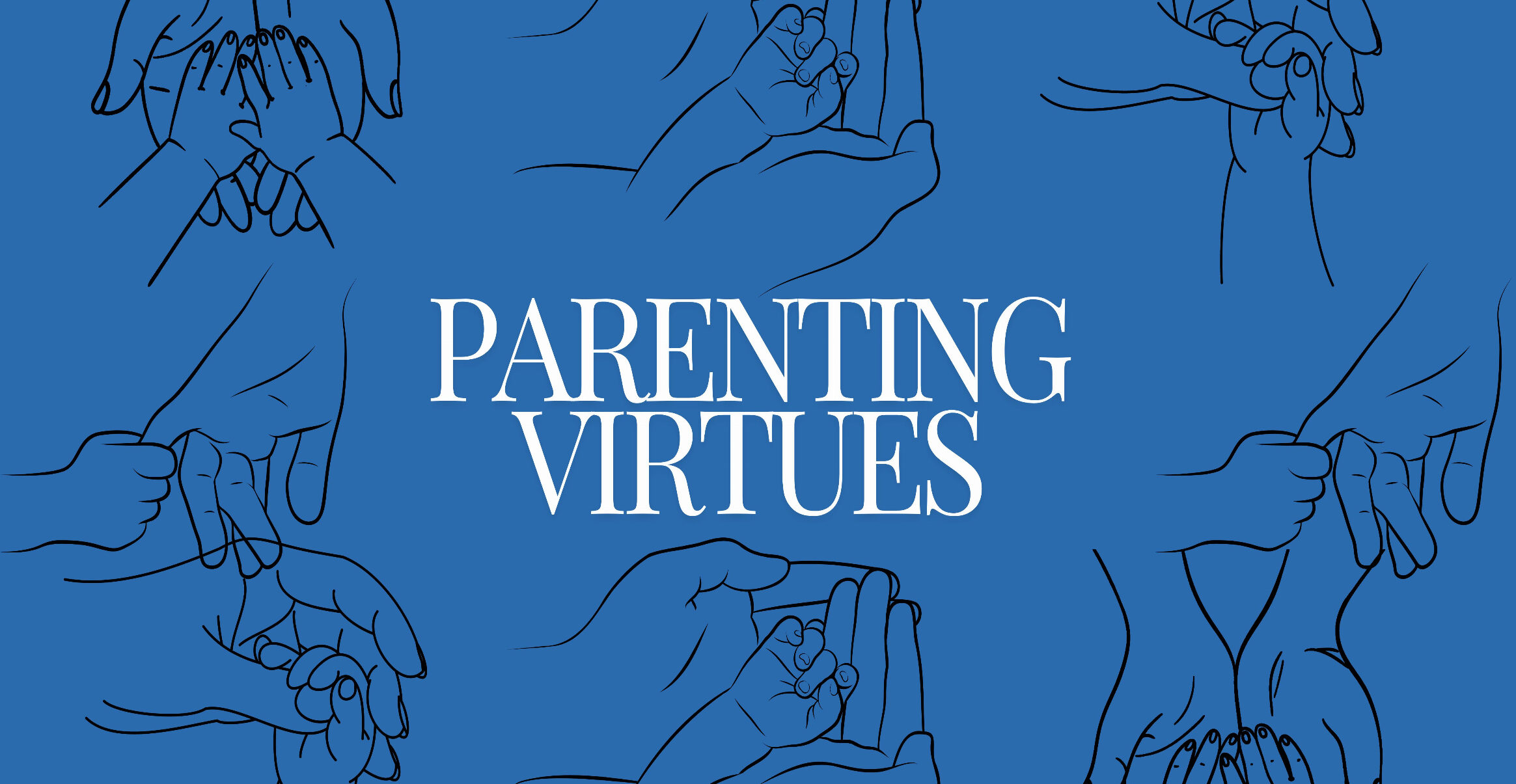



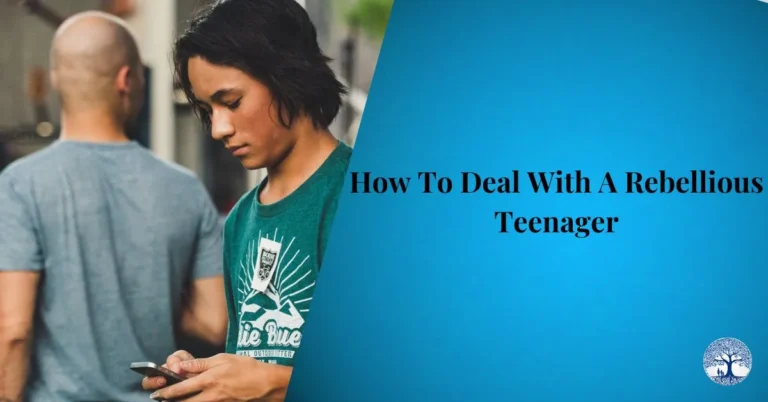
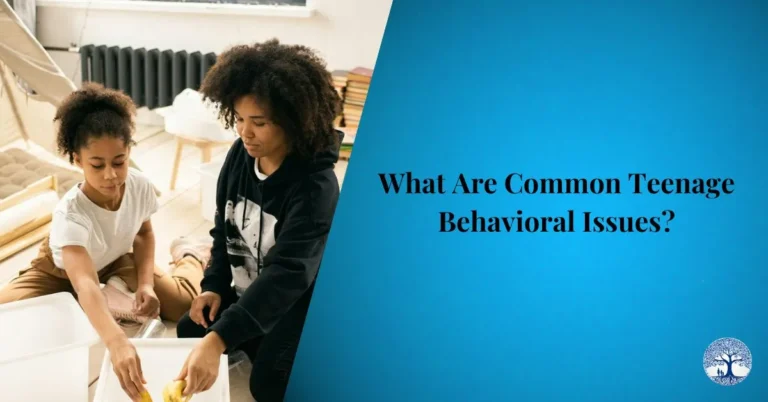
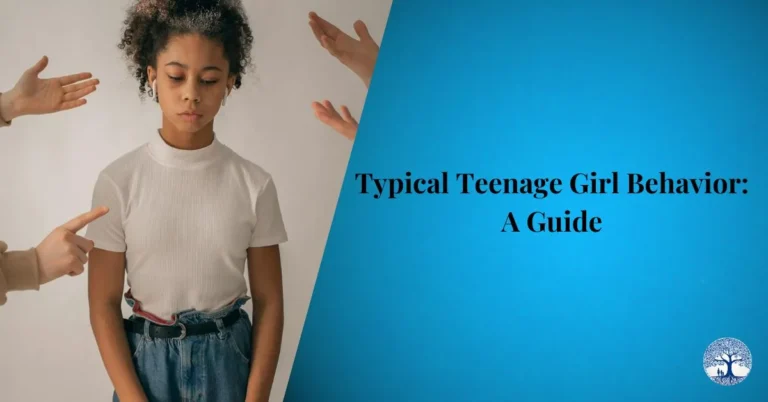
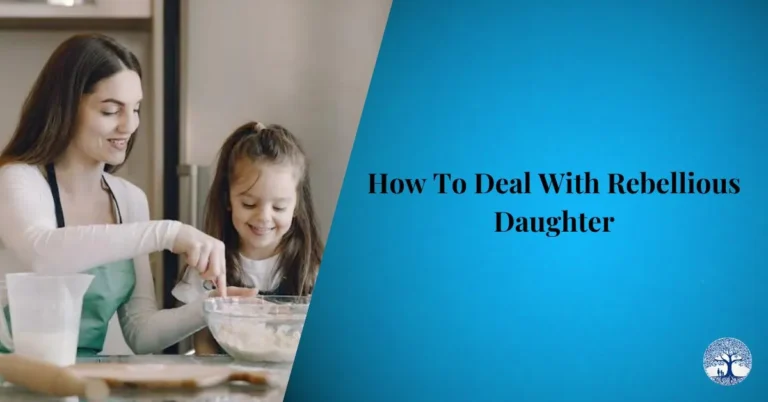
One Comment